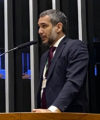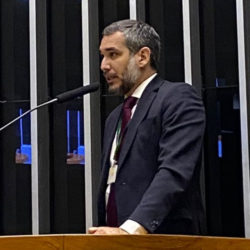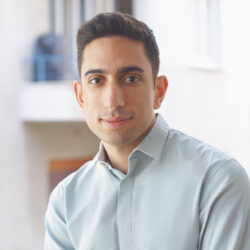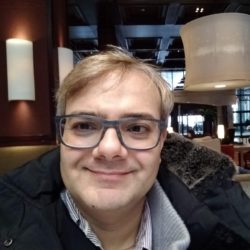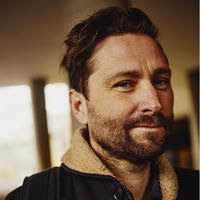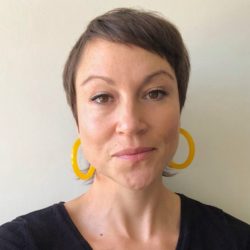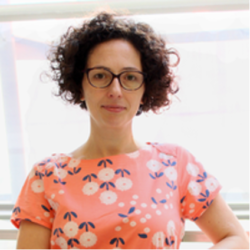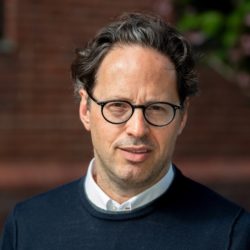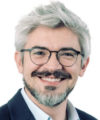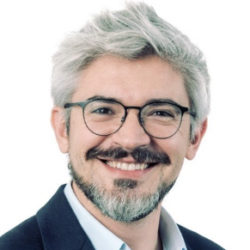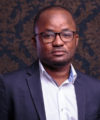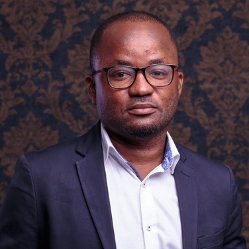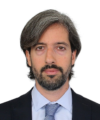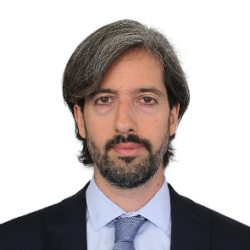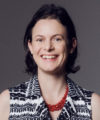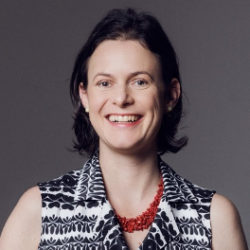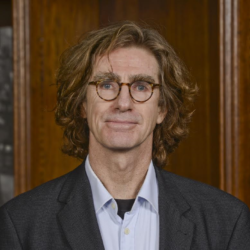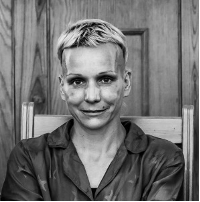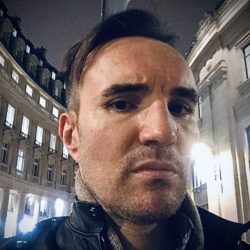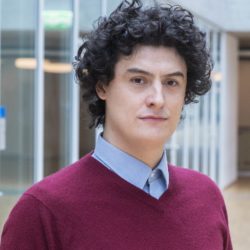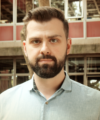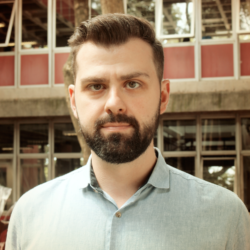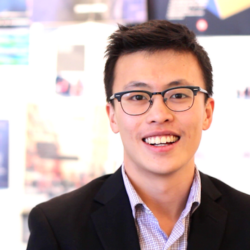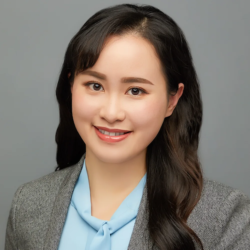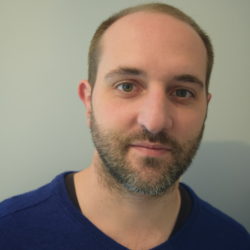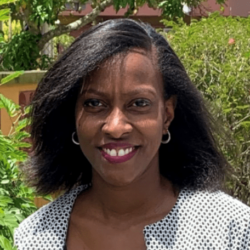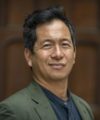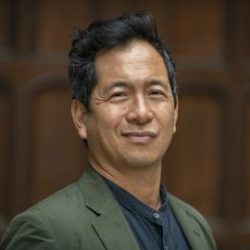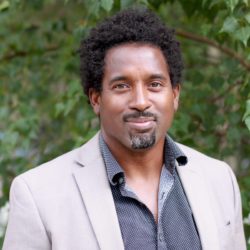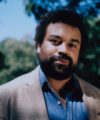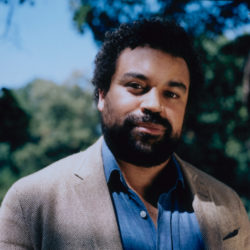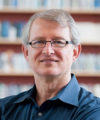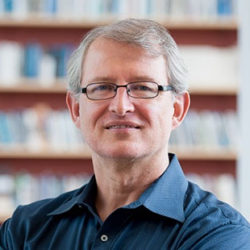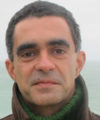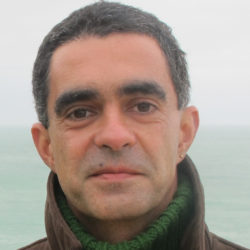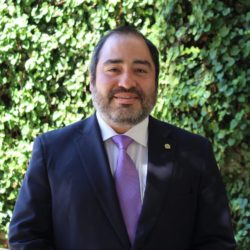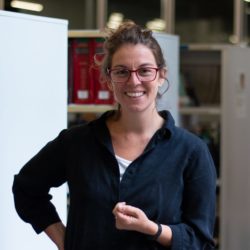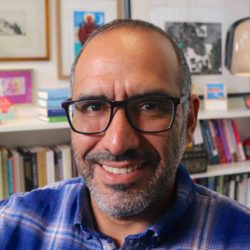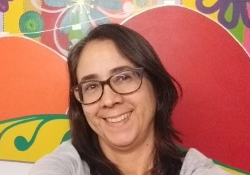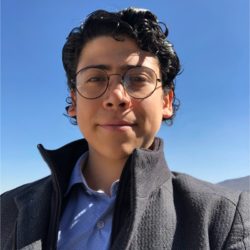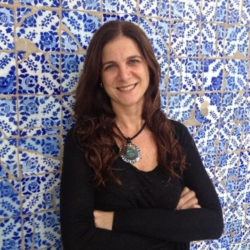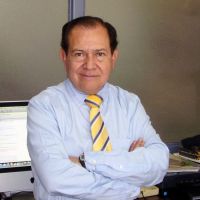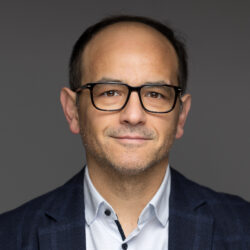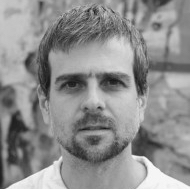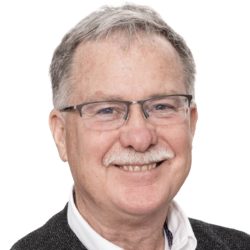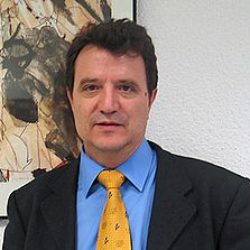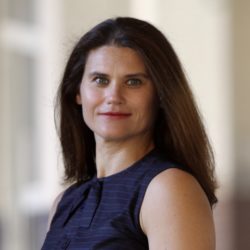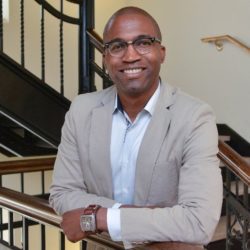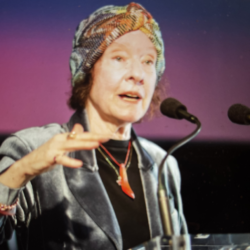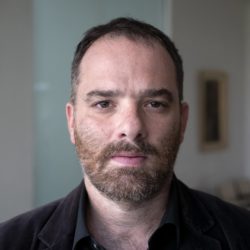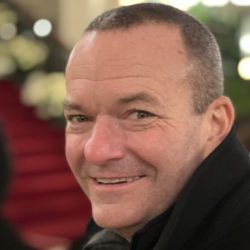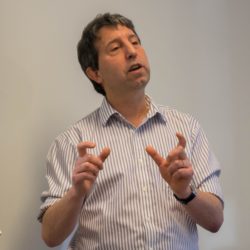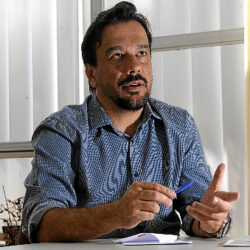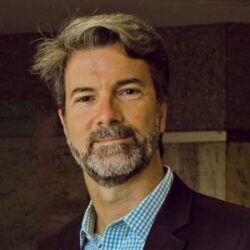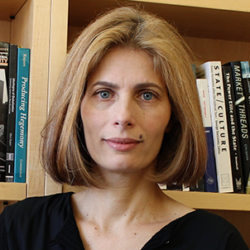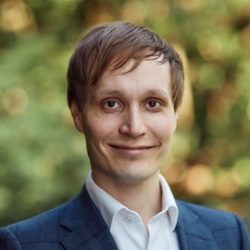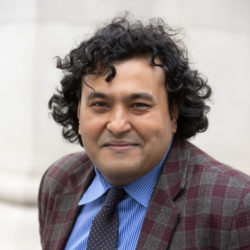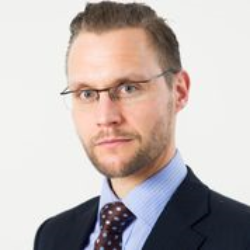2023 – Rio de Janeiro
Socio-Economics in a Transitioning World: Breaking Lines and Alternative Paradigms for a New World Order
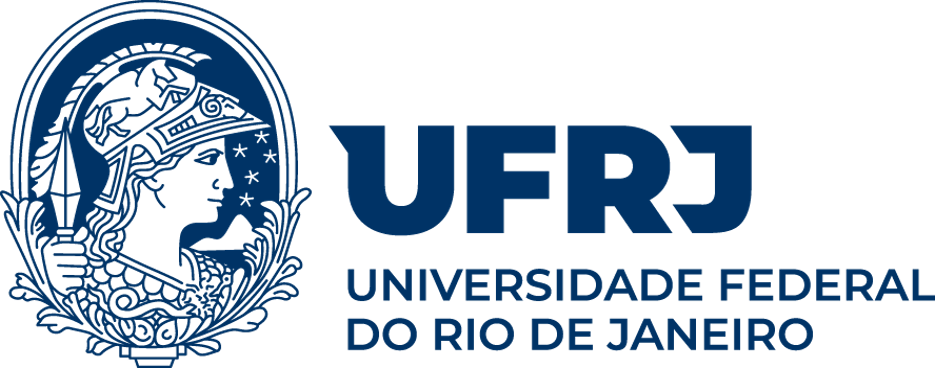


Conference Theme Overview
En español a continuación
We have observed numerous signs of disruption—at all levels of social relations—of the world built over the past two centuries, in the heat of the industrial revolution and revitalized by successive waves of systemic innovations.
It now seems that some of the engines that have driven this process are breaking down, not only from a conjectural perspective due to the most immediate episodes (pandemic, wars, planetary awareness of global warming, etc.) but also in view of the sustainability of long-term socio-economic development.
In particular, the role of fossil fuels, which have enabled the establishment of the current production and consumption model, threatens the very survival of the planet, and with it its human inhabitants. Beyond millenarian discourses, the energy transition—to leave behind carbon and its destructive effects on the environment that hosts us—is an urgent necessity. The entire fabric that has been built around the carbon energy paradigm is likewise showing signs of stagnation and deterioration.
In their disruption of current models, technological innovation, robotization, and AI may represent an opportunity to move toward this new world order. But the governance of the coming transformations must also lead to the construction of new forms of political organization and new labor scenarios that overcome the ups and downs of volatile and geographically limited democratic systems.
More than three decades after the fall of the Berlin Wall, the old Western dream of the urbi et orbi extension of its old democratic formulas of economic and political governance does not seem to have prevailed. Rather, we are besieged by a malaise resulting from the advance of growing authoritarianism, even in the very heart of the oldest democracies. It is not, as in the past, the emergence of fascism or Nazism, strictu sensu, but the expansion of authoritarian expressions of all kinds, with idiosyncratic characteristics, that are permeating institutions in the most varied geographical settings.
These authoritarianisms obstruct the opportunities offered by technological progress for a more inclusive world in all spheres of human life. The counterpoint will have to be new forms of governance in institutions, freeing us from the absolute power of large corporations. Emerging social movements demand forms of democracy that are more participatory than representative, with direct involvement in the collective governance of citizens and their forms of organization in interconnected networks. A new socio-economic paradigm would have to provide answers to this socio-political breaking point.
Demography does not help the matter. We are aware that the production and consumption model—which we have built with greater or lesser success, according to geographical region—and the social and political stabilizer of the Welfare State are suffering from a demographic rupture this century. Increased longevity forces us to rethink this model based on a constantly growing economy in a market framework that drives intense inequalities.
Beyond the hyperglobalization that has been built over recent decades (Rodrik 2022)—with growing economic and social inequalities, and with management concentrated in large corporations and a few political operators—a new international order must respond to the need for higher levels of security and equality for citizens and countries in multiple areas. And this framework of alternative paradigms must also reflect the new economic geography (East-West, North-South) that has changed the world map of international economic relations.
As Diane Coyle points out in her latest work, “we are in a period where there are no clear worldviews to shape policy decisions, and there is a mixture of ideas, both statist and free market, combined with profound voter discontent and loss of trust” (2021:195). In sum, we are immersed in a disoriented society, in which political choice becomes very difficult and confusing, and is expressed through more or less violent protest (Badiou 2021).
Despite neoliberalism’s failure to attain higher levels of growth, prosperity, equity, and freedom, its strange non-death (Crouch 2011) has continued to obstruct the emergence of new socio-economic paradigms. It is necessary to move forward with a new social, economic, and political paradigm that lights new paths for productive organization and the consumption model, and which enables us to maintain a stable balance with the natural world in which we live.
Socio-economics, it should be remembered, is a scientific approach that seeks to build alternative paradigms in the social sciences; thus, in this context, it is a dynamic axis that contributes to the establishment of a new theoretical and methodological horizon in the social sciences. In this perspective, SASE provides a platform for creative empirical and theoretical research on key social problems. We are committed to supporting a diverse international membership which fosters and produces thoughtful yet lively intellectual and interdisciplinary debates.
With regard to these themes, and the more specific areas of the 18 networks that organize the contents of our society, we encourage you to submit your papers and your proposals for mini-conferences at the 35th annual SASE conference, which will be held at the Federal University of Rio de Janeiro in July 2023.
We look forward to seeing you at SASE/Rio de Janeiro 2023!
SASE President: Santos Ruesga
Socioeconomía en un mundo en transición: rompiendo líneas y paradigmas alternativos para un nuevo orden mundial
Hemos venido observando numerosos signos de ruptura —en todos los niveles de las relaciones sociales— del mundo construido durante los últimos dos siglos, al calor de la revolución industrial y revitalizado por sucesivas oleadas de innovaciones sistémicas.
Ahora parece que algunos de los motores que han estado impulsando este proceso se están estropeando, no sólo desde una perspectiva coyuntural por los episodios más inmediatos (guerras pandémicas, conciencia planetaria del aumento del calentamiento global, etc.) sino también a la vista de la sostenibilidad del desarrollo socioeconómico a largo plazo.
En particular, el papel de los combustibles fósiles, que han permitido el establecimiento del actual modelo de producción y consumo, amenaza la propia supervivencia del planeta, y con ella de sus habitantes humanos. Más allá de los discursos milenarios, la transición energética —dejar atrás el carbono y sus efectos destructivos sobre el medio ambiente que nos alberga— es una necesidad urgente. Todo el tejido que se ha construido alrededor del paradigma de la energía del carbono también muestra signos de estancamiento y deterioro.
En su disrupción de los modelos actuales, la innovación tecnológica, la robotización y la IA pueden representar una oportunidad para avanzar hacia este nuevo orden mundial. Pero la gobernanza de las transformaciones venideras también debe conducir a la construcción de nuevas formas de organización política y nuevos escenarios laborales que superen los vaivenes de sistemas democráticos volátiles y geográficamente limitados.
Más de tres décadas después de la caída del Muro de Berlín, el viejo sueño occidental de la extensión urbi et orbi de sus viejas fórmulas democráticas de gobernanza económica y política no parece haber prevalecido. Más bien nos asedia un malestar producto del avance de un autoritarismo creciente, incluso en el seno mismo de las democracias más antiguas. No se trata, como en el pasado, del surgimiento del fascismo o del nazismo, strictu sensu, sino de la expansión de expresiones autoritarias de todo tipo, con características idiosincrásicas, que están permeando instituciones en los más variados escenarios geográficos.
Estos autoritarismos obstruyen las oportunidades que ofrece el progreso tecnológico para un mundo más inclusivo en todas las esferas de la vida humana. El contrapunto tendrán que ser nuevas formas de gobierno en las instituciones, liberándonos del poder absoluto de las grandes corporaciones. Los movimientos sociales emergentes demandan formas de democracia más participativas que representativas, con implicación directa en la gobernanza colectiva de los ciudadanos y sus formas de organización en redes interconectadas. Un nuevo paradigma socioeconómico tendría que dar respuestas a este punto de quiebre sociopolítico.
La demografía no ayuda en el asunto. Somos conscientes de que el modelo de producción y consumo -que venimos construyendo con mayor o menor éxito, según la región geográfica- y el estabilizador social y político del Estado del Bienestar, sufren una ruptura demográfica en este siglo. El aumento de la longevidad obliga a repensar este modelo basado en una economía en constante crecimiento en un marco de mercado que impulsa intensas desigualdades.
Más allá de la hiperglobalización que se ha construido en las últimas décadas (Rodrik 2022) —con crecientes desigualdades económicas y sociales, y con la gestión concentrada en grandes corporaciones y unos pocos operadores políticos—, un nuevo orden internacional debe responder a la necesidad de mayores niveles de seguridad y igualdad para ciudadanos y países en múltiples áreas. Y este marco de paradigmas alternativos también debe reflejar la nueva geografía económica (Este-Oeste, Norte-Sur) que ha cambiado el mapa mundial de las relaciones económicas internacionales.
Como señala Diane Coyle en su último trabajo, “estamos en un período en el que no hay visiones del mundo claras para dar forma a las decisiones políticas, y hay una mezcla de ideas, tanto estatistas como de libre mercado, combinadas con un profundo descontento de los votantes y pérdida de confianza. (2021:195). En suma, estamos inmersos en una sociedad desorientada, en la que la elección política se vuelve muy difícil y confusa, y se expresa a través de protestas más o menos violentas (Badiou 2021).
A pesar del fracaso del neoliberalismo en alcanzar niveles más altos de crecimiento, prosperidad, equidad y libertad, su extraña no muerte (Crouch 2011) ha seguido obstruyendo el surgimiento de nuevos paradigmas socioeconómicos. Es necesario avanzar con un nuevo paradigma social, económico y político que ilumine nuevos caminos para la organización productiva y el modelo de consumo, y que nos permita mantener un equilibrio estable con el mundo natural en el que vivimos.
SASE Presidente: Santos Ruesga
